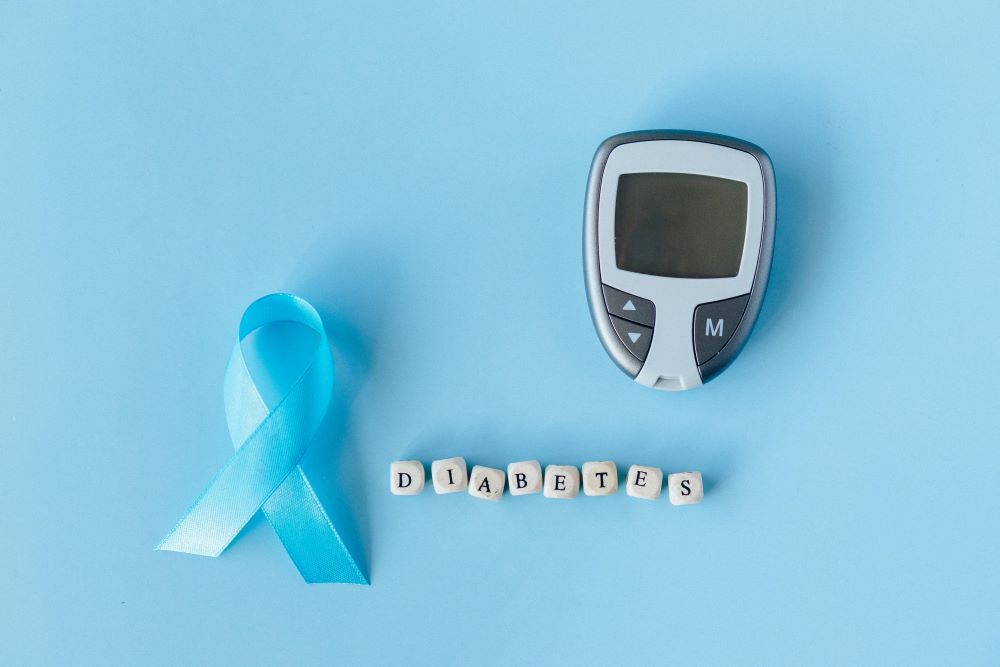Research reveals lifestyle factors could have a major influence on the onset of Type 1.
New research presented at the European Association for the Study of Diabetes (EASD) annual meeting in Madrid, Spain, suggests that consuming fruit, oats, and rye in childhood may increase the risk of developing type 1 diabetes. Eating berries, however, was linked to a lower risk of developing the disease. Led by Professor Suvi Virtanen of the Finnish Institute for Health and Welfare, the research aimed to identify environmental – particularly lifestyle-related – factors contributing to the disease’s rising prevalence worldwide. By doing so, the team hoped to develop preventive strategies that could reduce this prevalence as well as minimize risk for long-term complications.
Type 1 diabetes is a condition where the immune system mistakenly attacks the insulin-producing cells in the pancreas, leading to insufficient insulin production and difficulty regulating blood sugar. Although the exact cause remains unknown, scientists believe it results from a combination of genetic predisposition and environmental triggers, such as viruses or dietary factors.
By 2040, the number of Type 1 cases worldwide is expected to more than double, from 8.4 million in 2021 to 17.4 million. Finland, which has the highest rate in the world, is experiencing more than 52 new cases per 100,000 children each year. The condition requires lifelong blood sugar management. Therefore, the rising prevalence is expected to place a growing burden on both families and healthcare systems in general. Over time, the disease can cause other health complications, such as nerve damage and poor circulation, as well as heart, eye, and kidney dysfunction.

Diet has long been suspected as a main contributor to the development of diabetes. However, to date, research has yielded mixed results. To address this gap, Professor Virtanen and her team conducted a thorough study on diet and diabetes risk in Finnish children. The research followed 5,674 children (3,010 boys and 2,664 girls) who had a genetic predisposition to the disease from birth until the age of six. Their parents provided detailed records of the children’s diets through detailed food logs, tracking food and beverage intake from three months to six years old.
Of the children studied, 94 had developed Type 1 diabetes by the age of six, while 206 had developed islet autoimmunity, an early marker of the disease in which proteins produced by the immune system start targeting and attacking insulin-producing beta cells. The researchers analyzed the entire diet of these children, dividing the food items into 34 distinct groups. Several groups were found to be associated with an increased risk of disease development, including fruit, oats, and rye.
On the other hand, consuming berries such as strawberries, blueberries, raspberries, and blackcurrants seemed to protect against the onset of Type 1. The data suggested that the more berries a child consumed, the lower their risk of developing the disease.
According to Professor Virtanen, berries are rich in polyphenols, which are plant compounds known for their anti-inflammatory properties. These compounds may reduce the inflammation associated with the development of T1D. Additionally, some fruits, unlike berries, may contain harmful substances, potentially from pesticides, that could contribute to the risk.
Other foods also showed mixed effects. For example, oats, bananas, and fermented dairy products were associated with an increased risk of islet autoimmunity, while cruciferous vegetables (i.e., broccoli, cabbage, and cauliflower) were linked to a reduced risk.
The team indicated that further research is needed to pinpoint the specific properties in these foods that are responsible for either increasing or decreasing the risk of Type 1.
Sources:
Eating fruit, oats and rye in childhood may increase type 1 diabetes risk
Fruit and oats raise risk of type 1 diabetes but berries provide protection, research suggests
Foods That May Increase Kids’ Risk of Type 1 Diabetes Revealed


Join the conversation!